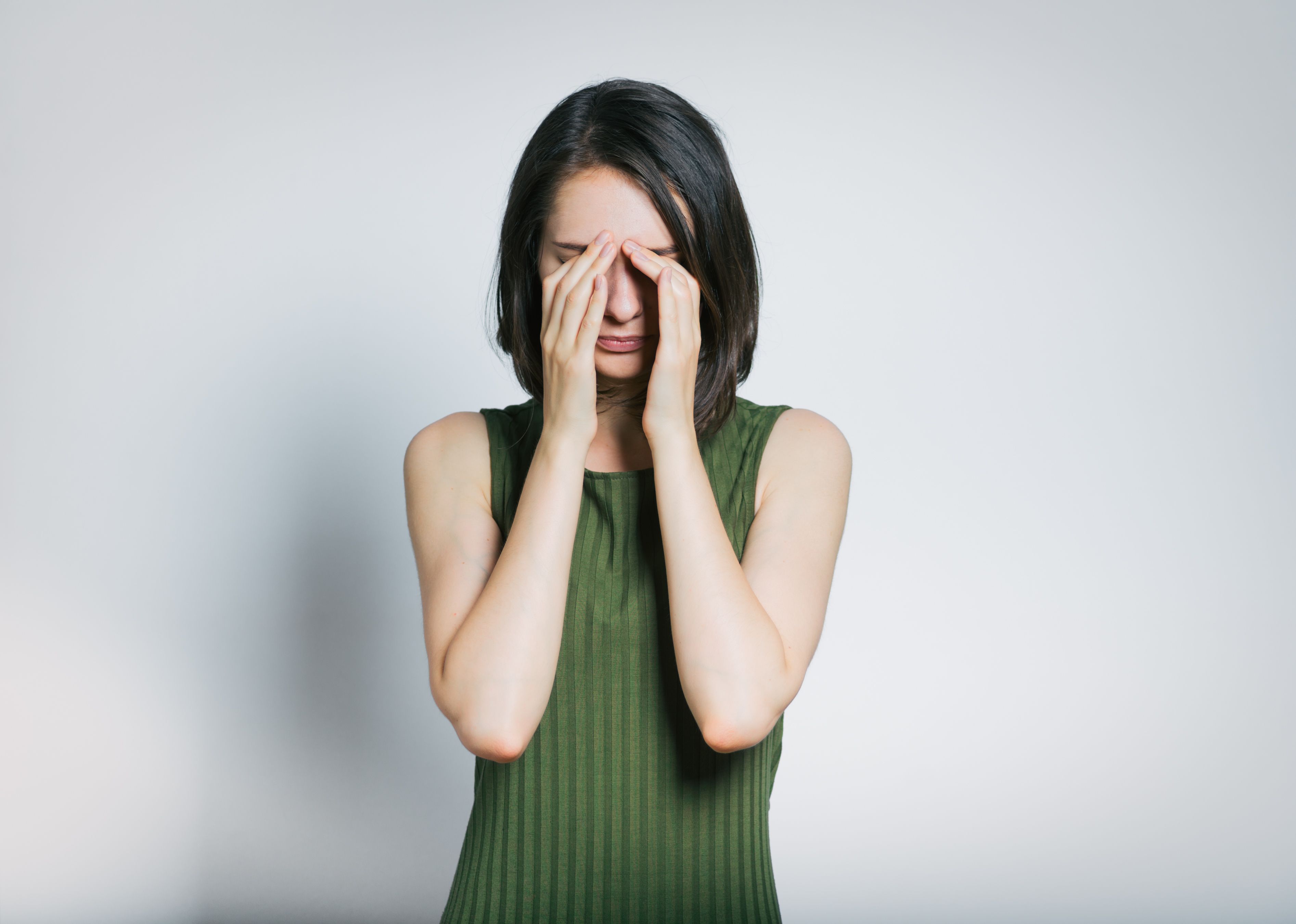Dry Eye FAQs and Answers from our Los Angeles Optometrist

Whether you’re dealing with dry eyes for the first time or it’s been an ongoing issue in your life, it’s good to know that you can find relief from your symptoms through a visit to Positive Eye Ons Optometry. Our eye doctors will complete a thorough examination to determine the cause of your symptoms as well as the best way to treat them. Especially if you’ve never made regular trips to our Los Angeles eye doctor before, it can be helpful to review the answers to some of the most common questions we get from our patients concerning dry eye symptoms and treatment.
What Is Dry Eye?
Dry eye is an incredibly common condition that will impact almost everyone at some point in their life. While it has a range of possible causes, the primary symptoms include itching, burning and a gritty sensation in your eyes. Your eyes also may be red and sensitive to light, and you can even experience blurred vision in some cases. A feeling of heaviness or fatigue in the eyes is also common, as is an aching or feeling of general soreness.
What Causes Dry Eye?
Dry eye results when your tears are not able to adequately lubricate the surface of your eye. This may be due to inadequate tear production, or to an incorrect composition of the tears your body is producing. Tears are made up of a combination of oily, mucous-like and watery components. The precise ratios of each are what ensure your tears don’t evaporate too quickly and that there are enough of them to keep your eye properly lubricated.
Some risk factors linked to the development of dry eye include frequent computer use, smoking, an excessively dry indoor or outdoor environment, and contact lens wear. Some health conditions, like thyroid disorders, diabetes, and rheumatoid arthritis make you more likely to develop dry eye. Certain medications cause dry eye as well, and these include antidepressants, birth control pills, and some blood pressure medications.
How Is Dry Eye Diagnosed?
To diagnose dry eye, our optometrist will perform a series of tests designed to pinpoint the nature of your condition. These can easily be administered as part of a routine eye exam, and they include tests that measure the volume of tears you produce over a given period, as well as the specific composition of those tears. With that information, we can work with you to determine the proper course of treatment, which can include anything from over-the-counter or prescription eye drops to minor surgical procedures.
Can You Wear Contacts If You Have Dry Eyes?
While it’s true that wearing contact lenses can sometimes exacerbate the symptoms of dry eye, there are ways to alleviate those symptoms without giving up your contacts. In some cases, treatment for the underlying cause of your dry eye will solve the problem, while switching to contacts that are specially-designed for people with dry eye may be the best option for other patients.
Can You Wear Contacts If You Have Dry Eyes?
While it’s true that wearing contact lenses can sometimes exacerbate the symptoms of dry eye, there are ways to alleviate those symptoms without giving up your contacts. In some cases, treatment for the underlying cause of your dry eye will solve the problem, while switching to contacts that are specially-designed for people with dry eye may be the best option for other patients.
Contact Our Los Angeles Optometrist for Dry Eye Treatment
To learn more about how we can help you find relief from your dry eye symptoms, call our Los Angeles optometrist today at Positive Eye Ons Optometry.







